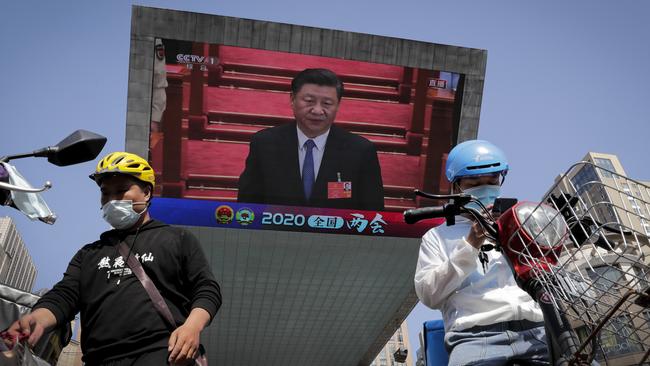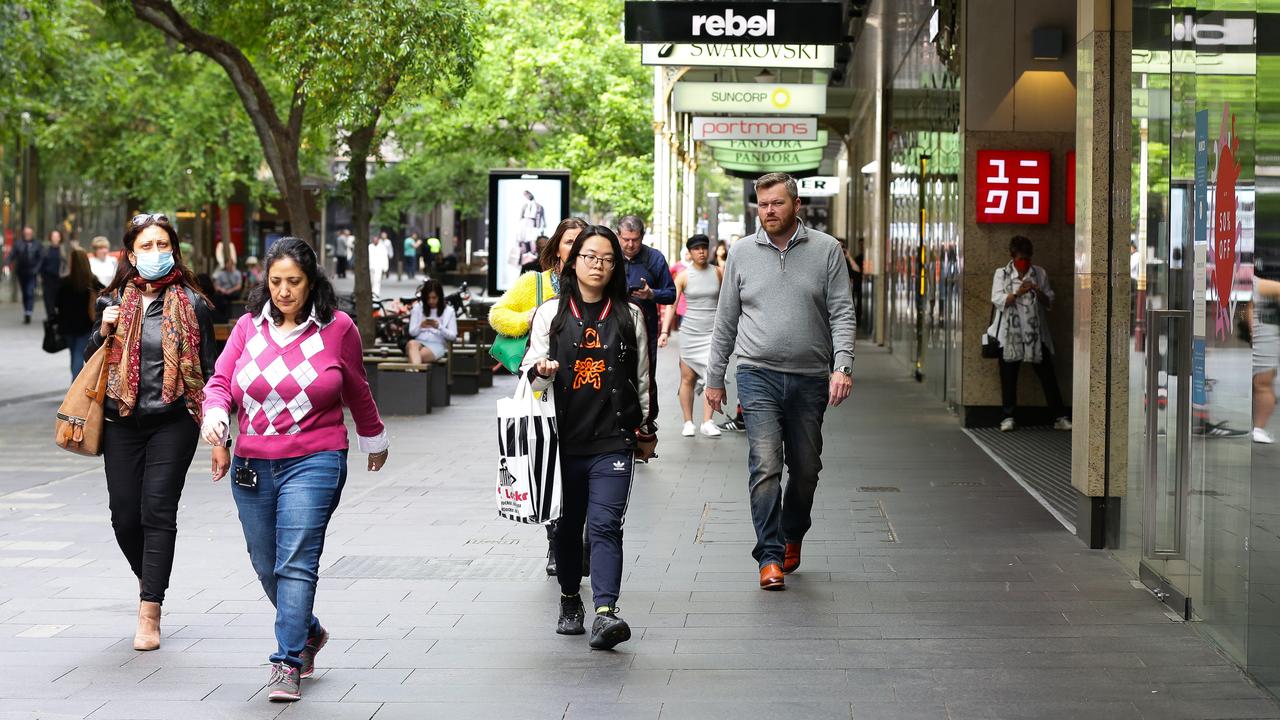Australia needs to forge its economic independence

If the coronavirus has taught us anything it is that politics always beats economics.
Faced with the prospect of a large and unpredictable number of deaths, and an overwhelmed health system, governments everywhere chose to shut down their economies and throw millions out of work.
Australia did that more effectively than most, and an economic depression with very few COVID-19 deaths is the result.
The same principle – that politics trumps economics – applies to the developing cold war between the United States and China.
President Donald Trump began a trade war that involved increasing the taxes that Americans pay for goods from China, seriously damaging the US economy, for purely political reasons. The close integration of the two economies has clearly been as beneficial for the US as for China, but an enemy “over there” is too useful for a President entirely focused on winning the next election.
As Trump’s polling deteriorates because of his mishandling of the pandemic, and now his mishandling of the racism protests, he is escalating the conflict with China as a political distraction.
Meanwhile, no doubt seeing this country as a weak link in the American chain, China is heaping political pressure on Australia in a variety of ways, including advising Chinese students to rethink coming here to be educated, sentencing an Australian to death for having some methamphetamine and wedging the federal and Victorian Governments by signing Premier Daniel Andrews up to the Belt and Road infrastructure cash splurge.
Getting Australia to openly side with China in Cold War 2.0 would be a huge victory for Xi Jinping in his battle against Trump’s America.
But it can’t happen.
Australia is a committed and loyal US client state, evidenced by our rushing into every one of America’s ruinous adventures in the Middle East in the past three decades and by the unequivocal displays of fealty to the US recently, as its relations with our most important trading partner have deteriorated. We even banned Huawei before they did.
Staying out of it
But the best thing Australia can do as Trump escalates the conflict with China as the US Presidential election approaches, is to stay out of it, while preparing for the worst.
What’s the worst? That whoever wins the US election, we are heading for a bipolar world in which Australia ultimately has no choice than to side with the loser – the United States – and to shoot itself in the economic foot by alienating our major trading partner.
We do have a choice, of course, but as discussed, politics trumps economics.
So far, Prime Minister Scott Morrison has been choosing his words carefully and trying hard to keep both sides sweet, although last week he stepped it up a notch when tackled directly about Victoria signing up to the Belt and Road initiative, saying Andrews should get out of it because “it is inconsistent with Australia’s government policy”.
Home Affairs Minister Peter Dutton has been the designated headkicker on this topic, as on many others, and has taken to the task with his usual vigour, extracting some excellent wounded ripostes from China.
The trouble is that Morrison and Dutton are completely wrong in thinking this is some kind of political joust in which both sides can be played along through careful public and private diplomacy until it blows over.
In an interview last week for Eureka Report, The Australian’s editor-at-large, Paul Kelly, told me: “I think there has been a fundamental change in the relationship between Australia and China.
“I think it’s been a turning point. There’s no going back to the old relationship we had with China and essentially the change has been driven by really deep-seeded forces which can be best summarised as China’s far more assertive behaviour in geo-strategic terms and in terms of foreign interference into other countries particularly through cyber warfare and cyber-attacks on the one hand.”
Paul’s right about China’s more assertive behaviour, and the need to stand up to it, but I think there is more to it than that.
A new game
China isn’t just asserting geo-strategic strength through cyber-attacks and cash bribes with the Belt and Road thing. It’s asserting the superiority of autocracy over democracy, central control over freedom. And America is playing into it by falling apart – politically, socially and economically.
This contest has decades to run, although the coronavirus pandemic could speed things up, both by sharpening the conflict because China is blamed for the virus and by hastening America’s decline because it’s ending the pandemic lockdowns too soon.
In the meantime, Australia should heed the quote that Henry Kissinger borrowed from Lord Palmerston: “America (read: Australia) has no permanent friends or enemies, only interests”.
It means Australia needs to establish as much economic independence – autarky – as possible, as quickly as possible.
Industry Minister Karen Andrews kicked things off with a speech about greater manufacturing self-reliance at the National Press Club three weeks ago. “It is clear we can’t just rely on foreign supply chains for the essential items we need in a crisis. We can’t supply all our wants locally but we have to be able to supply, or at least pivot our production processes to produce the goods we need,” she said.
That was a good start. Autarky should now become the foundation of Australia’s economic policy.
Alan Kohler is editor in chief of the Eureka Report
More Coverage
Read related topics:Coronavirus






